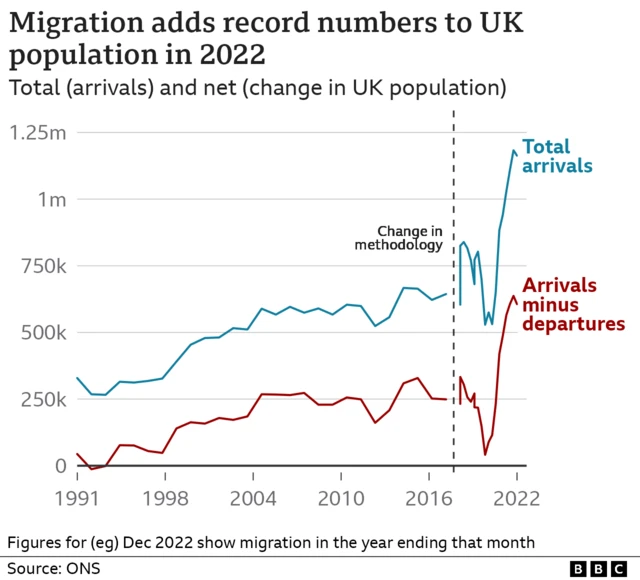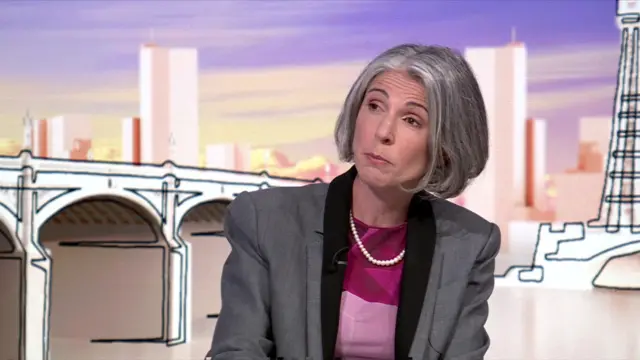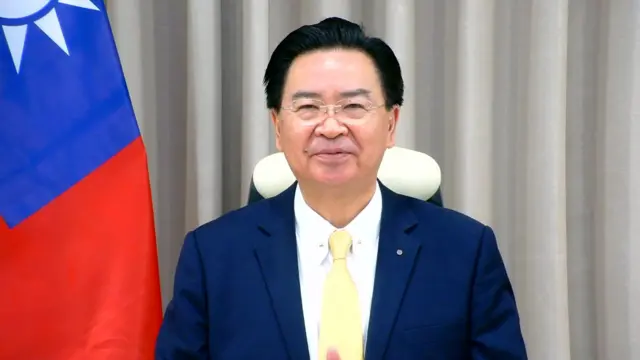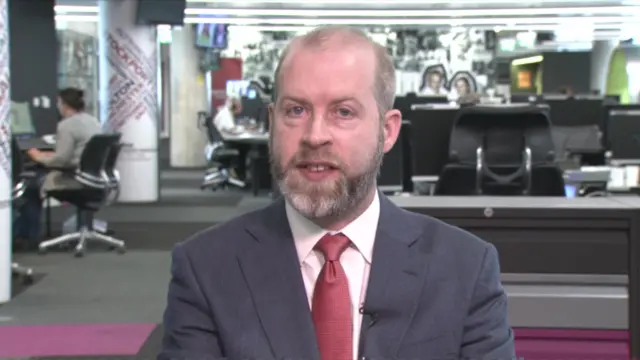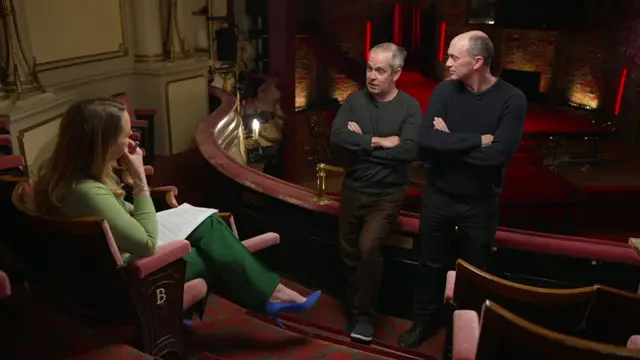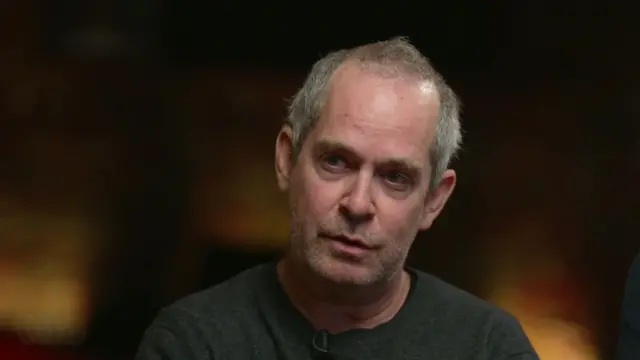And that's all from us - see you next weekpublished at 10:52 BST 4 June 2023
Samuel Horti
Live reporter
Thanks for following our live coverage of this week's Sunday with Laura Kuenssberg.
Scroll down for a full catch-up on what happened: We had Brian Cox on Succession's finale, Labour's Jonathan Reynolds on the UK being "hooked on fossil fuels", and immigration minister Robert Jenrick answering tough questions about conditions for asylum seekers.
Join us again next week for another packed show.
Reporting today came from Jennifer Meierhans, Anna Boyd, and Catherine McGowan.


